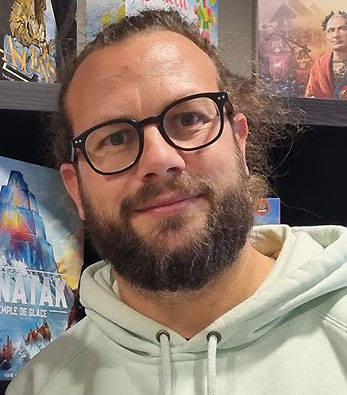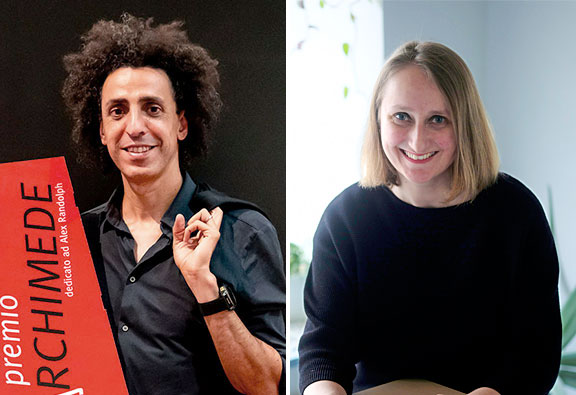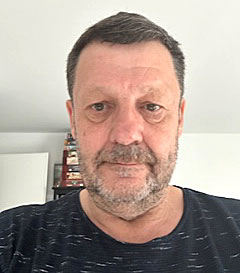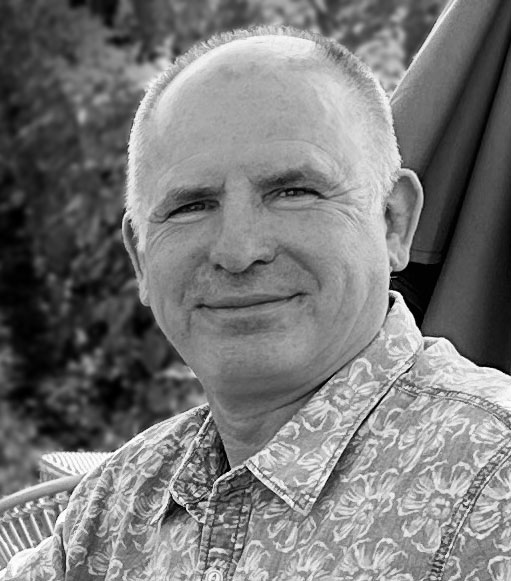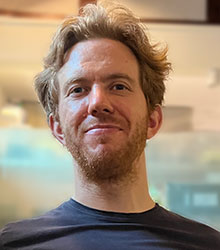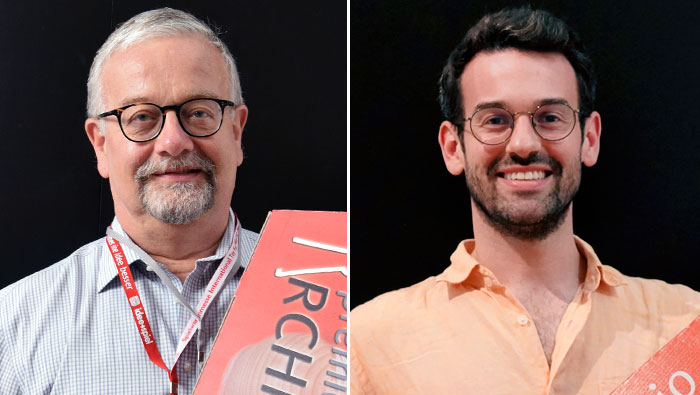
APNEA BY FLAVIO AND RICCARDO FOCHES WINS THE PREMIO ARCHIMEDE 2025
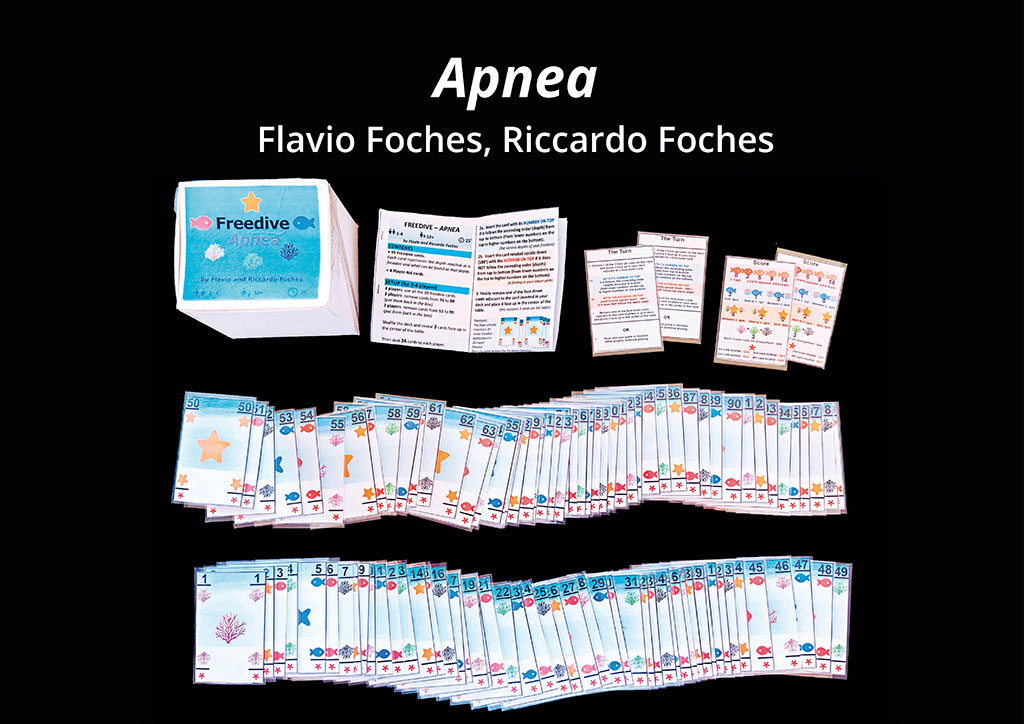
FINAL PRESS RELEASE
Ancora una volta la suspence non è proprio mancata, sintomo di una qualità dei prototipi presentati molto alta. Fino allo scrutinio dell’ultima scheda della giuria internazionale l’assegnazione del Premio Archimede 2025 è stata incerta, e solo l’applauso finale del folto pubblico di appassionati ed esperti presenti nell’Aula Magna dello Iuav ha sancito l’assegnazione della vittoria.
Alla fine, tra i trenta finalisti l’ha spuntata Apnea, deck-building a tema acquatico dei trentini Flavio e Riccardo Foches, padre e figlio, che sono stati i più votati con il massimo punteggio di 12, mentre al posto d’onore, superato proprio nelle ultime tornate, Magic Mushrooms che fino all’ultimo istante ha fatto “coltivare” al suo autore, Carlo Scolari, il sogno del trionfo. A completare il podio più distante ma in testa fino all’ultimo giro di votazioni, OilRock 1864 di Marco Piola Caselli.
Assegnati anche gli importanti premi collaterali, spesso a loro volta solo preambolo all’uscita effettiva dei giochi nel mercato mondiale. Trofeo Scienza in Gioco per Constellationes di Diego Allegrini (Roma), peraltro – a far capire la qualità dei prodotti di questa edizione – nemmeno tra i trenta finalisiti. Trofeo QP per il design fisico più innovativo a Pied Piper of Hamelin dei Cielo d’Oro, già vincitori dell’edizione 2023, Trofeo Interfaccia Visuale dell’Università di Milano a Bazaar di Stefano Castelli, Trofeo SAZ Italia per l’autore italiano che meglio ha saputo distinguersi a Flight of Dragons, sempre di Flavio e Riccardo Foches, Trofeo Cartamundi per il miglior gioco di carte al vincitore Apnea e Menzione Speciale Sebastiano Izzo a Runes di Angelo Tonin. Premiate anche le scuole, con i vincitori del concorso Fotonica in Gioco: primo posto a Eulero del Liceo Ginnasio Statale Orazio di Roma, secondo a Scalata sociale del Liceo Classico Europeo di Padova e terzo a Pangemonium del Liceo San Benedetto di Piacenza.
L’Università di Architettura ha ospitato la cerimonia del Premio nella magnifica Aula Magna. L’assessore Paola Mar ha portato i saluti e il sostegno del Comune di Venezia.
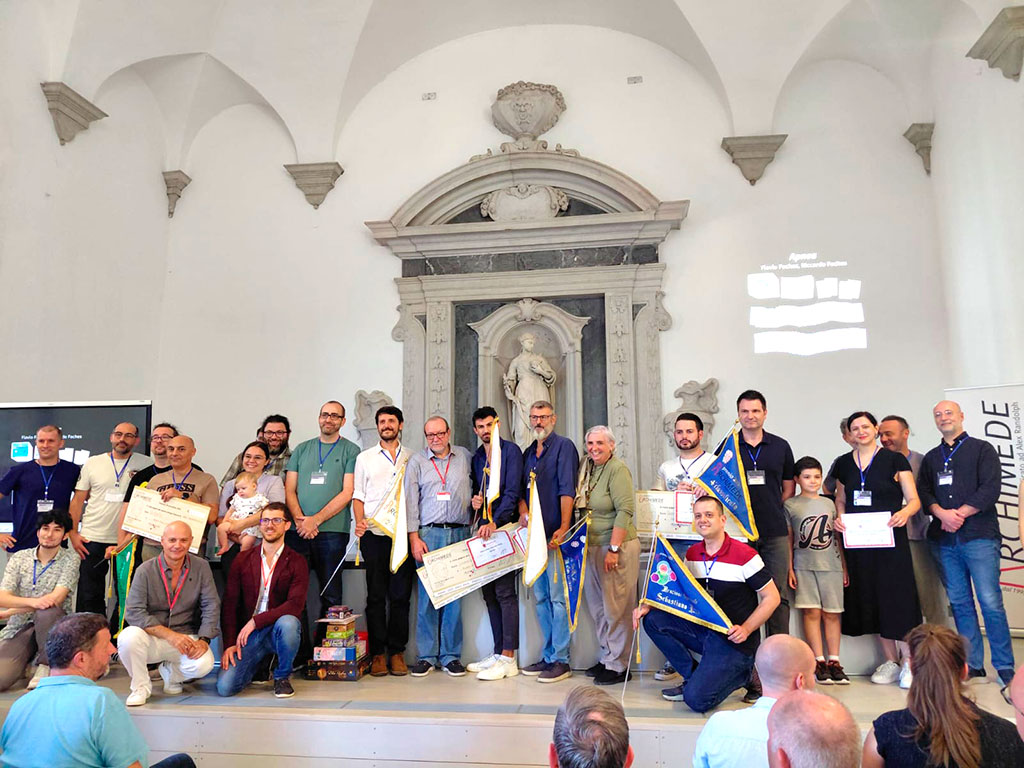
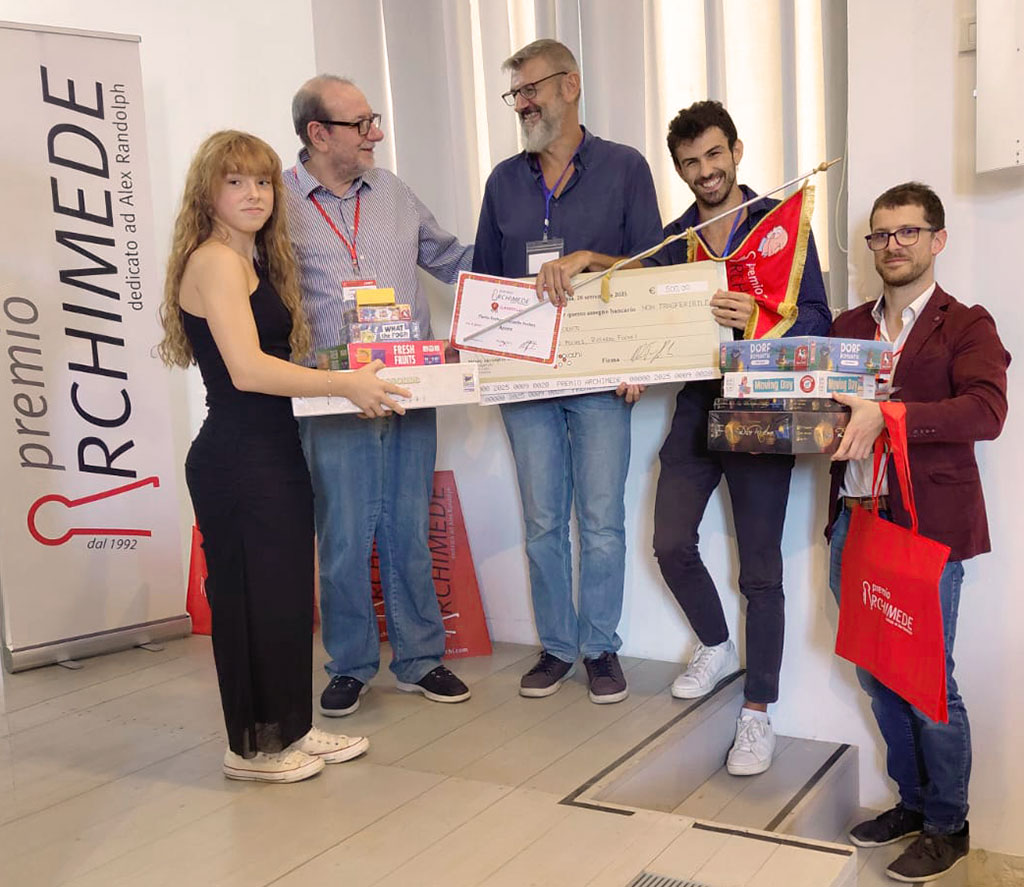
Premio Archimede 2025 – Ranking
Winner
Apnea by Flavio Foches, Riccardo Foches
2nd place
Magic Mushrooms by Carlo Scolari
3rd place
OilRock 1864 by Marco Piola Caselli
4th place
Lords of the Bands by Edoardo De Matteis
5th place
Colors of Burano by Ciro Facciolli, Sara Rubino, Francesco Testini
6th place
Unpair by Zübeyde Sena Şencan, Onur Şencan
7th place
Richelieu! by Matteo Sassi, Maurizio Giacometti
8th place
Wicked Vials by Marco Franchin
9th place
Oh No! It’s a Dragon by Matteo Cimenti, Carlo Rigon, Chiara Zanchetta
10th place
Flight of Dragons by Flavio Foches, Riccardo Foches
11th place
Koku, the Way of Rice by Filippo Landini
12th place
Janmpù by Davide Iannuzzi
13th place
Stacking Frogs by Aaron Kempkes
14th place
Jemaa, Souk of Marrakech by Francesco Testini, Maurizio Giacometti
15th place
Forgettable Inventions by Francesco Sciortino
16th place
Chests of the Pirates by Cielo d’Oro
17th place
Reflekt by Serena Fadlun
18th place
Coool! by Luca Catinelli
19th place
Gem Hunters by Alessandro Cuneo
20th place
Simian by Guglielmo Cok
21th place
Hampers by Igor De Marchi
22th place
Hermapollon by Carlo Molinari, Matteo Landi
23th place
One Little Elephant by Filippo Brigo, Renato Millioni
24th place
Quest Giver by Luca Bellini, Sara Valentino
25th place
The King of the Lake by Enrico Vicario
26th place
Runes by Angelo Tonin
27th place
Adventures on Captain Storm’s Island by Enrico Feresin, Roberto Pitassi
28th place
Zorotella by Marco Emanuele Maria Bressan
29th place
Sky Walkers by Fabrizio Tronchin, Maurizio Buso
30th place
Bazaar by Stefano Castelli
AWARD CEREMONY
Saturday, September 20, 2025
Università IUAV di Venezia – Aula Magna
Santa Croce 191, Tolentini
Program
13:30 – 14:30
Registration of participants
Video exhibition of the finalist games
14:30 – 18:00
Award ceremony:
- Opening of the ceremony and short welcome
- Presentation of all the finalist games and their authors
- Presentation of the results of all the ballot boxes but one
- Award of special prizes
- Live polling of the final ballot box
- Announcement of results and winners Archimedes Prize 2025
- Celebration
AN EXCEPTIONAL EDITION!
Registration for the PREMIO ARCHIMEDE 2025 for unpublished games has just closed and this edition is exceptional in every respect.
QUANTITY
With the rush of entries over the last few days, a new record has been set: 246 games are taking part, from 16 countries and 4 continents.
QUALITY
The selection jury chaired by Leo Colovini has already examined almost a hundred games and confirms that the average quality has risen: several dozen games will certainly make it to the final stage.
FINAL JURY
And this is perhaps the most exceptional thing of all: there are already 26 publishers from all over the world who have signed up, and next September they will send their editors to Venice to try out all the finalist games, vote live on the best ones, and perhaps sign some publishing contracts.
Certainly many authors, known and less known, will have the satisfaction of seeing their creations published.
It is a fact, the Table Game is experiencing a happy moment as never before, games are growing, players are growing, publishers are growing, authors are growing, experts are growing: a real Renaissance! And the Archimedes Prize is increasingly on the crest of this beautiful wave!
PREMIO ARCHIMEDE 2025, organized by studiogiochi, is focused on the design of unpublished board games.
The competition, dedicated to the great Alex Randolph who was its president for the first 7 editions, has so far allowed more than 60 authors to crown their dream of seeing their game published. Participation (single or group) is open to all, with no limit of residence or age. Participating games must be sent in by March 31, 2025.
The final ceremony will take place on Saturday, September 20, 2025 in Venice thanks to the collaboration of the City of Venice within a broader framework of initiatives aimed at spreading the culture of the gaming culture, also as an effective means of preventing the rampant gambling disorders.
Thanks to the support of the publishers, the winners will be awarded a total advance of 3,500 euros on future royalties accrued from the publication of their games.
In addition to Premio Archimede, the jury will assign other awards, trophies and category prizes such as:
- Sebastiano Izzo Special Mention to the game that Sebastiano Izzo, who was an unforgettable ” fellow gamer” that we love to remember at each edition, would have liked the most.
- Cartamundi Trophy for the best card game. Thanks to Cartamundi’s support, an additional advance of 500 euros will be awarded on future royalties.
- QP Trophy for the most innovative physical design, which is the most original and innovative use of physical components such as tiles and other gaming pieces in wood, plastic or any other special material.
- Scienza in Gioco Trophy to the best science themed game with educational and informative purposes, assigned by the Institute for Photonics and Nanotechnologies of the Consiglio Nazionale delle Ricerche (CNR-IFN).
- SAZ Italia Trophy for the Italian author who will have best distinguished himself through his proposals. To the winner a free one-day admission to IdeaG Parma.
- Visual Interface Trophy for the game with the best visual aspects of its components, in view of the prototype’s functionality and playability, in terms of colour, contrast, font, spatial configuration and component access. The prize is awarded by Gruppo BoReD (Boardgame Research and Design) of the MIPS Laboratory, part of Dipartimento di Informatica of the Università degli Studi di Milano. See details >
Premio Archimede is recognized by UISP (“Unione Italiana Sport per Tutti” Italian Union of Sport for All) for its socio-cultural and aggregation and inclusion value; in fact, it is an activity with a playful-recreational character and promoting the right to play, for everyone and all ages.
Premio Archimede is collaborating with Spielwarenmesse and the Bavarian Games Archive as part of the Games Inventors Convention in the context of the annual Nuremberg trade fair, a gathering for game authors from around the world, publishers and agencies.
Download the announcement of the Archimedes Prize 2025 from the Download menu, top left.
FINALIST GAMES
Here, in alphabetical order, are the 30 finalist games for the Premio Archimede 2025, which have been admitted to the final stage of the competition and will therefore have the opportunity to be evaluated by a jury of international publishers. The preliminary jury selected them from among 246 participating games, after a long and intense process of playtesting and development.
| Giochi | Autori |
| Adventures on Captain Storm’s Island | Enrico Feresin, Roberto Pitassi |
| Apnea | Flavio Foches, Riccardo Foches |
| Bazaar | Stefano Castelli |
| Chests of the Pirates | Cielo d’Oro |
| Colors of Burano | Ciro Facciolli, Sara Rubino, Francesco Testini |
| Coool! | Luca Catinelli |
| Flight of Dragons | Flavio Foches, Riccardo Foches |
| Forgettable Inventions | Francesco Sciortino |
| Gem Hunters | Alessandro Cuneo |
| Hampers | Igor De Marchi |
| Hermapollon | Carlo Molinari, Matteo Landi |
| Janmpù | Davide Iannuzzi |
| Jemaa, Soul of Marrakech | Francesco Testini, Maurizio Giacometti |
| Koku, the Way of Rice | Filippo Landini |
| Lords of the Bands | Edoardo De Matteis |
| Magic Mushrooms | Carlo Scolari |
| Oh No! It’s a Dragon | Matteo Cimenti, Carlo Rigon, Chiara Zanchetta |
| OilRock 1864 | Marco Piola Caselli |
| One Little Elephant | Filippo Brigo, Renato Millioni |
| Quest Giver | Luca Bellini, Sara Valentino |
| Reflekt | Serena Fadlun |
| Richelieu! | Matteo Sassi, Maurizio Giacometti |
| Runes | Angelo Tonin |
| Simian | Guglielmo Cok |
| Sky Walkers | Fabrizio Tronchin, Maurizio Buso |
| Stacking Frogs | Aaron Kempkes |
| The King of the Lake | Enrico Vicario |
| Unpair | Onur Şencan, Zübeyde Sena Şencan |
| Wicked Vials | Marco Franchin |
| Zorotella | Marco Emanuele Maria Bressan |
PHOTO EXHIBITION OF FINALIST PROTOTYPES
Here are photos of the 30 finalist prototypes for the Premio Archimede 2025, selected from among 246 participants and then submitted to the international jury that came to Venice to test and evaluate them. The award ceremony will be held on Saturday, 20 September, in the auditorium of IUAV University.
JURY
There will be two separate Juries, who will work in different phases of the competition. During the 1st phase, only the SELECTION JURY will work on the games. Its members are:
The Jury will evaluate all the prototypes, keeping in mind the following criteria, in order of importance:
- Publishing potential, i.e. the chances the game has of being considered by a publisher
- Originality of the game’s mechanics
- Playability, balance and functionality of the mechanics
- Fun
- Functionality of the prototype and clarity of the rules
It must be specified that while the quality of the prototype (and, above all, of the rules) weighs little on the overall evaluation of the game, at the same time it is a fundamental condition for a correct playthrough of the game and the enjoyment of all the other features.
In the Final Jury, chaired by Dario De Toffoli, the participation is confirmed by:
THE FINAL JURY TRYING OUT THE GAMES
AWARD CEREMONY
FINAL DINNER
AWARD CEREMONY
Thanks to ioGioco, the complete montage of the Archimede Award 2025 ceremony, enriched with lively interviews and comments. This will be followed by various other video interviews.
INTERVIEWS
PARTNER

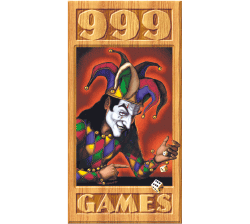 |
 |
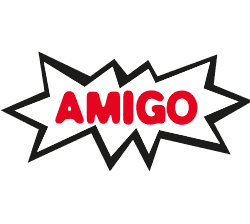 |
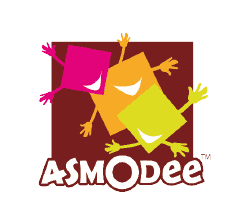 |
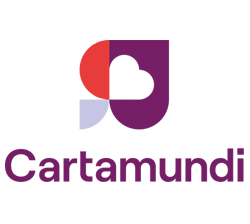 |
 |
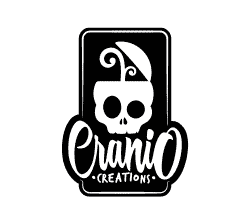 |
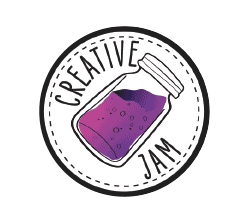 |
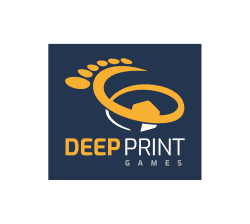 |
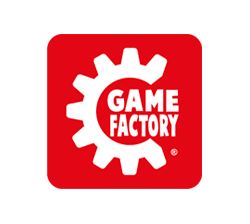 |
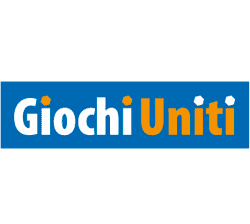 |
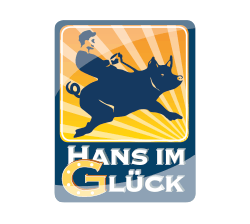 |
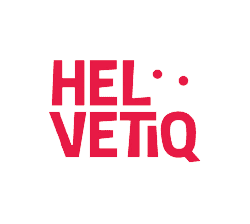 |
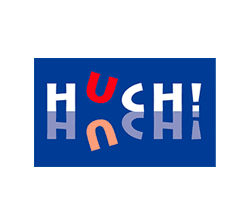 |
 |
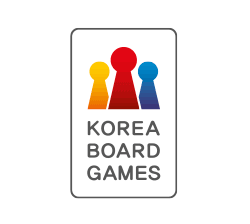 |
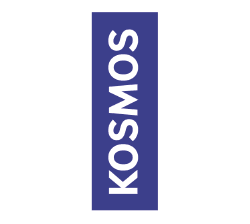 |
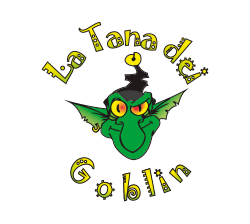 |
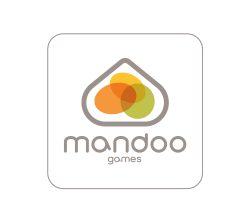 |
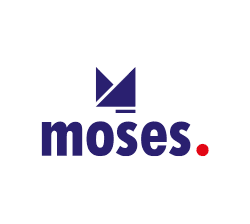 |
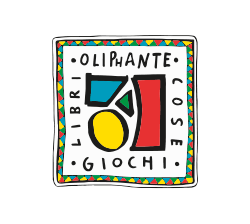 |
 |
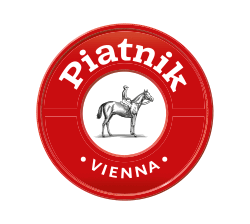 |
 |
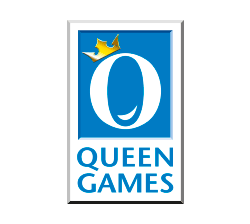 |
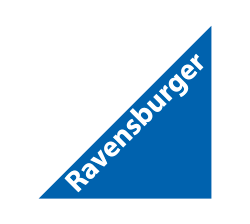 |
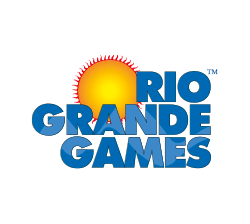 |
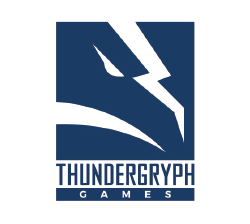 |







